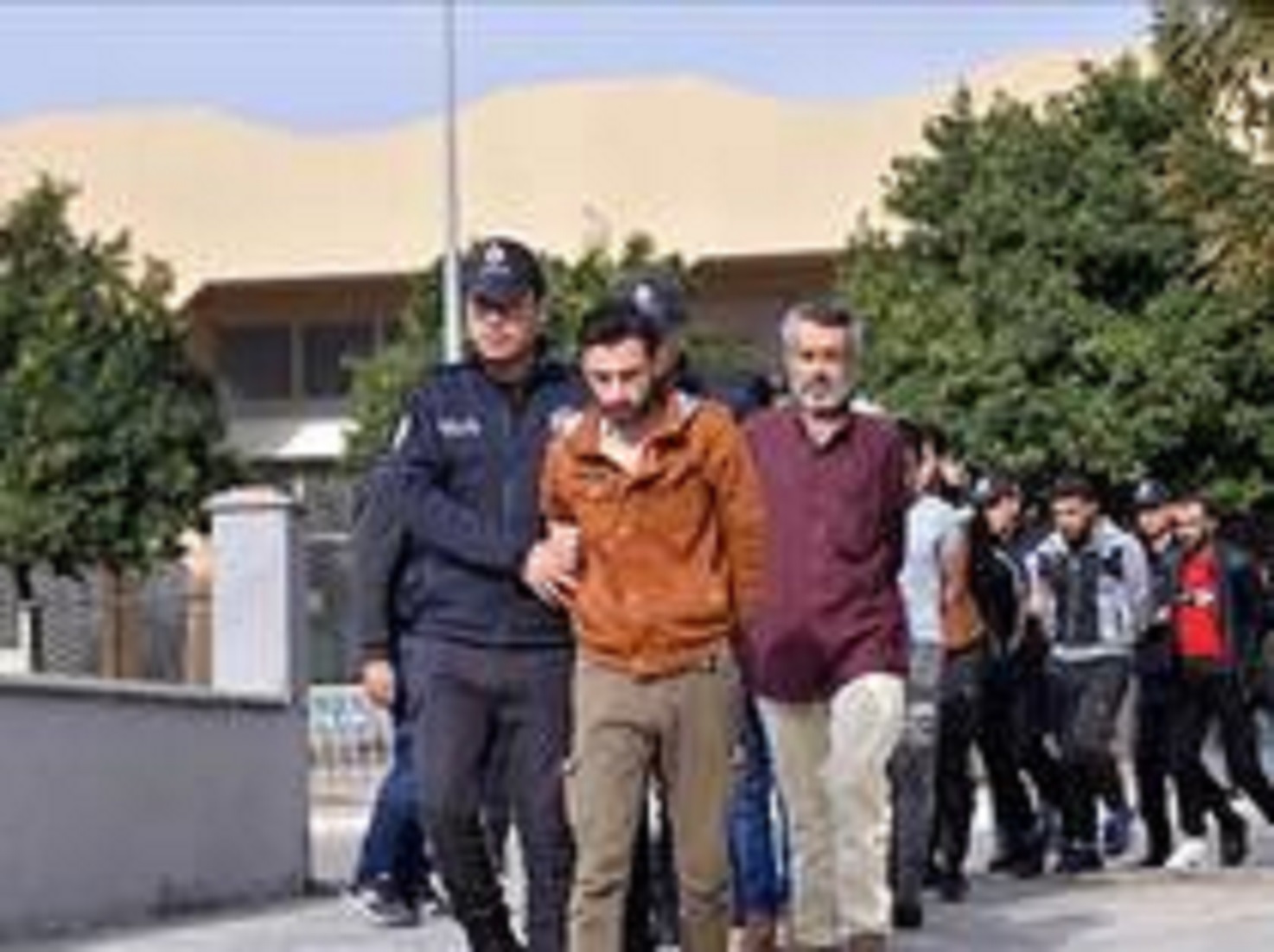BANGKOK, Nov 27 (NNN-BERNAMA) – Malaysia will not rule out probability of Daesh shifting its operation to the South East Asian region following the death of Daesh’s leader Abu Bakr al-Baghdadi in an attack in Syria last October.
Home Minister, Muhyiddin Yassin said Malaysian authorities remain vigilant following the death of al-Baghdadi.
“We believe that al-Baghdadi’s death will open up another chapter in Daesh’s terror operation. After losing much of its territory in Syria and Iraq, Daesh is also looking for a new base.
“There are also growing threats from returning foreign terrorist fighters, online radicalisation, and lone-wolf attacks,” he said at the Plenary Session of 13th ASEAN Ministerial Meeting on Transnational Crime (13th AMMTC) and its related meetings in Bangkok Wednesday.
13th AMMTC is platform to discuss transnational crime matters including arms smuggling, terrorism, money laundering, sea piracy, people smuggling, trafficking in persons, international economic crime, cybercrime, illicit drug trafficking and trafficking of wildlife and timber.
AMMTC Plenary provides the opportunity for the ministers to share experiences and best practices as well as to take stock of individual country challenges in combating transnational crime.
Meanwhile, Muhyiddin said Malaysia had taken steps to fully utilise the INTERPOL Database on “Stolen and Lost Travel Document” to screen incoming travelers to stop criminals or terrorists from entering the country.
He said Malaysia through the establishment of Counter Messaging Centre (CMC) to monitor and disrupt online radicalization carried out on social media platforms make many arrests and pre-empt potential attacks.
“For the past six years, Royal Malaysia Police has successfully foiled 25 attempts by Daesh to carry out attacks in Malaysia and arrested 512 suspects involved in Daesh-linked activities,” he said.
Sharing its efforts to stop money laundering and counter-terrorism financing, Muhyiddin said Malaysia has taken necessary measures including the launch of Malaysia Financial Intelligence Network (myFINet), which is a public-private partnership between the Financial Intelligence Unit (FIU), the Royal Malaysia Police (RMP) and Financial Institutions.
“This network will enable an intelligence-led approach that would improve the submission of Suspicious Transaction Reports (STRs) for necessary investigation and prosecution,” he said.
On combating people smuggling and trafficking in person, Muhyiddin reaffirmed Malaysia’s commitment to bring perpetrators to justice in relation to human trafficking camp in Wang Kelian at the Malaysia-Thai border in 2015.
The mass killings grabbed headlines in May 2015 when police discovered 139 graves and 106 bodies believed to be Rohingyas and 29 illegal immigrant detention camps deep in the jungles of Bukit Genting Perah and Bukit Wang Burma, a few hundred metres from the Malaysia-Thai border in Wang Kelian.
Muhyiddin who also raised concern on the Rohingyas crisis, said the violence in Rakhine State has driven the refugees into neighbouring countries.
“We call for the crisis in Rakhine State to be resolved. Give the Rohingyas their rights, improve conditions for all communities in Rakhine and let the Rohingyas return to their home in the Rakhine State in peace,” he said.
Muhyiddin said Malaysia is committed to fully support actions and measures to combat transnational crime at the national, regional and international level.
He said transnational crime is a phenomenon that has grave implications on the stability, security, sovereignty and public order of individual nations.
“Malaysia believes that transnational crime is a serious global concern that could potentially endanger the stability and security of nations and consequently threaten regional and international peace.
“We must find the opportunity to strengthen our working relations for us to establish efficient channel of communication.
“We must come together collectively to share and coordinate our efforts and expand existing international cooperation beyond the current practices so that we could be steadfast in our response against transnational crime issues,” he said.
–BERNAMA






